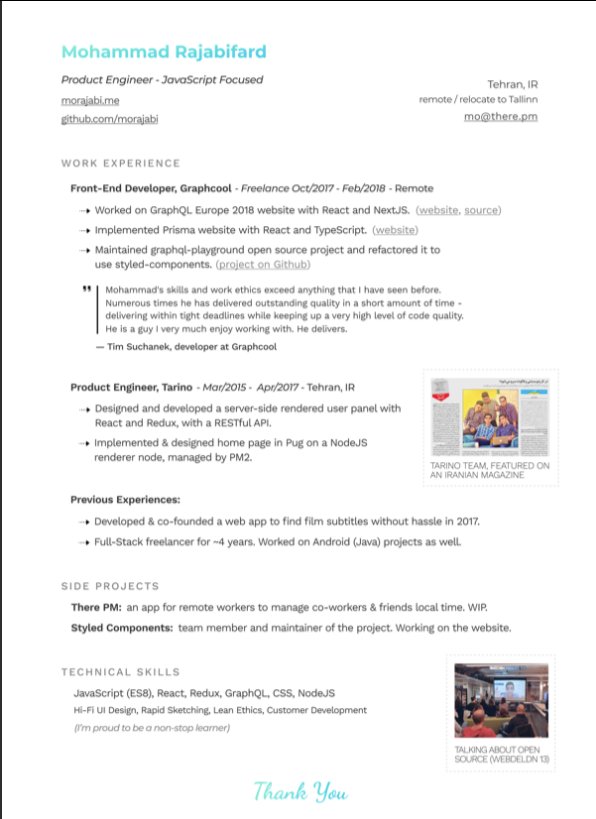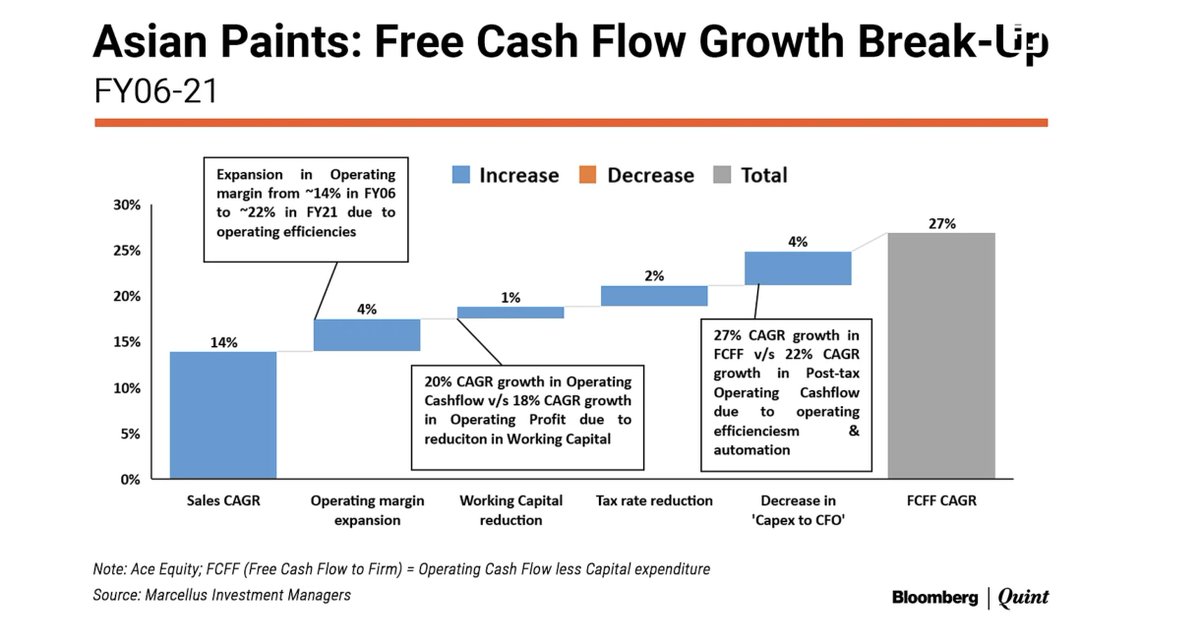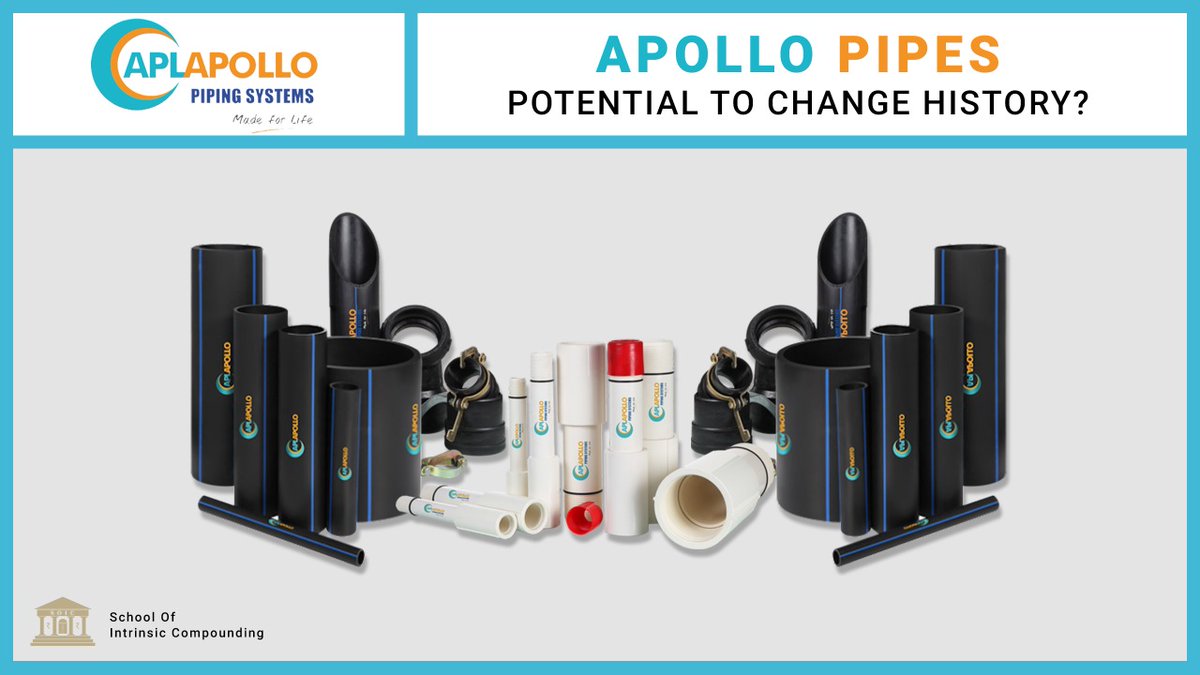I have seen plenty of Buffettology on Twitter and in other places over the past few years. Its time to clear the air and understand that there wasn't one but 3 different Warren Buffett's that existed throughout his career 📚📚
Time for a thread: 3 Different Buffett's 🧵🧵🧵


1)He was extremely valuation conscious and he was willing to buy shitty businesses which were dirt cheap.
2)He Practiced catalyst investing and sometimes bought entire controlling stakes in firms.
3)He accepted churn and turned
Now, let's talk about Warren Buffett 2 (Post 1970s). This is when he made the mistake of buying Berkshire Hathway and realized if you sit long enough in a poor business, then the
1) First key learning is to have your return expectations clear. The time you can devote to investing and your mental framework will eventually decide your returns
4) Selling is not bad. If you are able to find an opportunity that is vastly superior or offers
5) Since trees don't grow till sky, your entry multiple will eventually decide your compounding even in businesses that supposedly can do nothing wrong. These businesses simply cannot be 20%+ compounders if bought at 100x multiples when core growth
do well for themselves. If he respects the beginning multiple at which he buys businesses. Even if you are paying up, far far better to pay up for growth with moderate longevity than just longevity if you have a small
The final key learning is that it is far better to know yourself as an investor or as a person before you start investing. In the end, your own frameworks, view of investing, even the type of Warren Buffett you got influenced from the most (out 3 phases)
Just remember, this is the reason why Sanjoy Bhattacharya says that there are no right answers but only right questions. Just ask yourself: Who am I as an investor?
-The end-🧵
More from Intrinsic Compounding
Sequent will teach many people about what Hyperbolic Discounting and Myopic Loss aversion means. 2 Mental models which an equity investor has to understand about. No other way. Disc: invested, not a reco
Having multiple facilities accredited with certifications from the best authorities from globe is a hidden moat in itself... 10-20% pop and then retracement should not shake confidence... Business focus and longevity should build conviction
— Harinder S Nanda (@harindersnanda) July 14, 2021
\U0001f436\U0001f431\U0001f434\U0001f42e\U0001f437\U0001f411@unseenvalue @soicfinance
More from Wise investing
There were some smart folks there before Mr. Buffett. Weston Hicks & his preds at $Y. Larson at Cascade. If you followed what Hunter Harrison was doing at the CN you’d have been there. It had been such a lousy industry I ignored it. Figure out why smart people are in bad assets.
In hindsight, it obviously was a steal...but I think I would have come to the same (wrong) conclusion you did at the time of the announcement.
— Deliberate Capital (Corbin) (@corbinw22) August 9, 2021
Given this info in hindsight, what would you do differently if you came across a similar situation today?
You May Also Like
👨💻 Last resume I sent to a startup one year ago, sharing with you to get ideas:
- Forget what you don't have, make your strength bold
- Pick one work experience and explain what you did in detail w/ bullet points
- Write it towards the role you apply
- Give social proof
/thread

"But I got no work experience..."
Make a open source lib, make a small side project for yourself, do freelance work, ask friends to work with them, no friends? Find friends on Github, and Twitter.
Bonus points:
- Show you care about the company: I used the company's brand font and gradient for in the resume for my name and "Thank You" note.
- Don't list 15 things and libraries you worked with, pick the most related ones to the role you're applying.
-🙅♂️"copy cover letter"
"I got no firends, no work"
One practical way is to reach out to conferences and offer to make their website for free. But make sure to do it good. You'll get:
- a project for portfolio
- new friends
- work experience
- learnt new stuff
- new thing for Twitter bio
If you don't even have the skills yet, why not try your chance for @LambdaSchool? No? @freeCodeCamp. Still not? Pick something from here and learn https://t.co/7NPS1zbLTi
You'll feel very overwhelmed, no escape, just acknowledge it and keep pushing.
- Forget what you don't have, make your strength bold
- Pick one work experience and explain what you did in detail w/ bullet points
- Write it towards the role you apply
- Give social proof
/thread

"But I got no work experience..."
Make a open source lib, make a small side project for yourself, do freelance work, ask friends to work with them, no friends? Find friends on Github, and Twitter.
Bonus points:
- Show you care about the company: I used the company's brand font and gradient for in the resume for my name and "Thank You" note.
- Don't list 15 things and libraries you worked with, pick the most related ones to the role you're applying.
-🙅♂️"copy cover letter"
"I got no firends, no work"
One practical way is to reach out to conferences and offer to make their website for free. But make sure to do it good. You'll get:
- a project for portfolio
- new friends
- work experience
- learnt new stuff
- new thing for Twitter bio
If you don't even have the skills yet, why not try your chance for @LambdaSchool? No? @freeCodeCamp. Still not? Pick something from here and learn https://t.co/7NPS1zbLTi
You'll feel very overwhelmed, no escape, just acknowledge it and keep pushing.



























